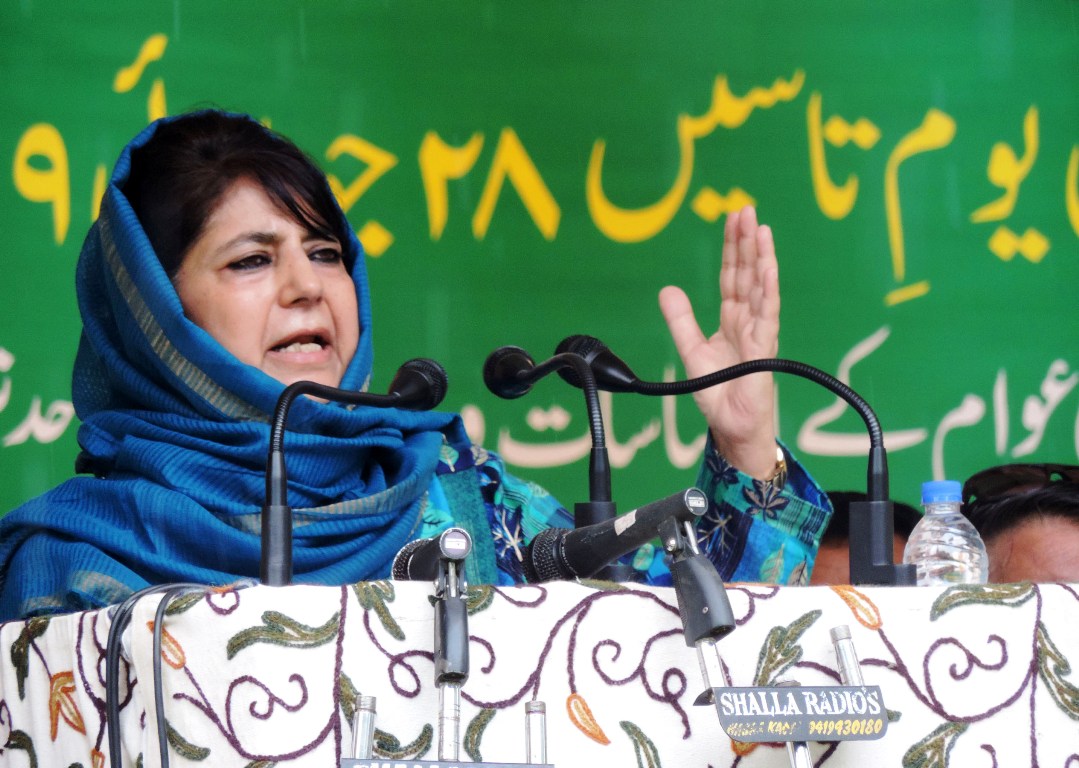Jammu
Governor N. N. Vohra has promulgated “The Code of Criminal Procedure (Amendment) Ordinance, 2018”. The provisions of the existing Code of Criminal Procedure, Samvat 1989, inter-alia, provide that all proceedings in a criminal trial are required to be taken in presence of the accused which would result in the prolonged trial due to non-production of accused for one or other reason.
The Code of Criminal Procedure, 1973 (Central Act), which is applicable to the whole of India except the State of Jammu and Kashmir, has been amended by the Code of Criminal Procedure (Amendment) Act, 2008 (Central Act No.5 of 2009) wherein Section 161, 164, 163 and 275 have been amended to provide for recording of evidence through video electronic means (Video Conferencing).
To introduce the use of Video Conference in the State, as an admissible method/means for securing the presence of accused in criminal trials, various provisions of Code of Criminal Procedure, (Samvat 1989) corresponding to the amended provisions of Central Law, viz sections 167(2), 342, 353, 360, 364, 540-A are required to be amended. The introduction of the concept of securing the accused through Video Conference from the Jails as an alternative means would help in the speedy disposal of criminal trials, besides being cost-effective and helping in preventing law and order situations in certain cases.
The amendment in the Central Act has rendered the recording of evidence through electronic video linkage to be legally permissible. It is considered as a valid practice in other States of the country as well.
In J&K, the operationalisation of video conferencing facilities in jails is being done in a phased manner.
Under e-Courts Mission Mode Project, Video Conferencing facility has been provided in all twelve (12) jails in the State and also to the 12 District Court Complexes. The facility will also be extended to all the Court Complexes in the State in due course of time.















